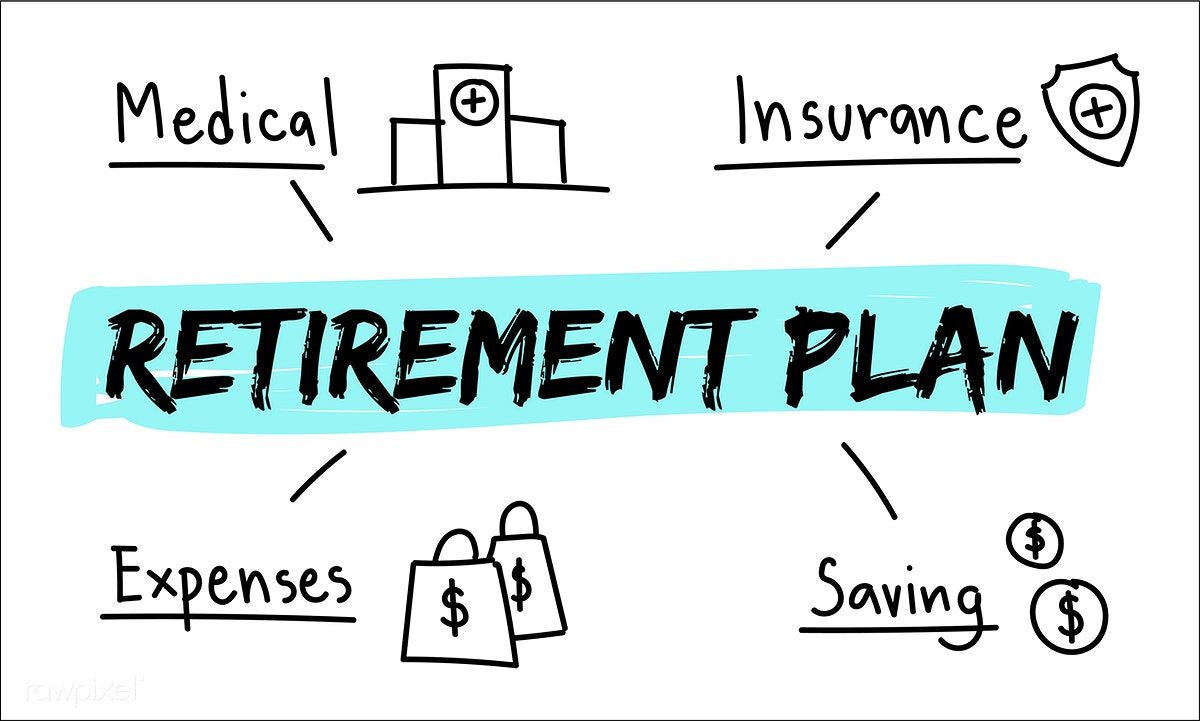Retirement Savings Plans: Securing Your Future
Introduction
In today’s fast-paced world, planning for retirement has become more important than ever before. Retirement savings plans are a crucial aspect of securing a stable financial future. As you embark on your journey towards retirement, understanding the different retirement savings plans available to you can make a significant difference in your financial security and peace of mind.
Why Retirement Savings Plans Matter
Retirement is a phase of life that requires careful preparation and financial foresight. Many individuals find themselves in a vulnerable position during retirement due to inadequate savings. Retirement savings plans offer a structured approach to building a nest egg that can sustain you throughout your retirement years.
The Benefits of Starting Early
One of the key advantages of retirement savings plans is the ability to start early. The power of compounding can greatly amplify the growth of your savings over time. By beginning to save for retirement at a young age, even small contributions can snowball into substantial funds by the time you’re ready to retire.
Tax Advantages
Retirement savings plans often come with tax benefits. Contributions made to certain retirement accounts, such as 401(k)s and IRAs, are typically tax-deductible, which can result in significant savings on your annual tax bill. Additionally, the growth of your investments within these accounts is tax-deferred, allowing your savings to grow more efficiently.
Diversification and Investment Options
Retirement savings plans offer a range of investment options, allowing you to diversify your portfolio. From stocks and bonds to mutual funds and real estate, these plans provide the flexibility to tailor your investments to your risk tolerance and financial goals.
Exploring Different Retirement Savings Plans
1. 401(k) Plans
A 401(k) plan is a popular employer-sponsored retirement savings option. It allows employees to contribute a portion of their salary to the plan, often with a matching contribution from the employer. These contributions are invested, and the funds grow tax-deferred until withdrawal during retirement.
2. Individual Retirement Accounts (IRAs)
IRAs are versatile retirement savings plans that individuals can open independently. Traditional IRAs offer tax-deferred growth, while Roth IRAs provide tax-free withdrawals in retirement. IRAs are an excellent option for those who want more control over their investments.
3. Pension Plans
Pension plans, also known as defined benefit plans, are employer-funded retirement options. They guarantee a specific income amount during retirement, based on factors such as salary and years of service. While less common in today’s workforce, pension plans offer stable retirement income.
4. 403(b) Plans
Similar to 401(k) plans, 403(b) plans are designed for employees of nonprofit organizations, schools, and certain government entities. These plans allow for tax-advantaged contributions and a range of investment choices.
Making Informed Decisions
Choosing the right retirement savings plan requires careful consideration of your financial situation, goals, and risk tolerance. Consulting with a financial advisor can provide valuable insights and help you tailor a plan that aligns with your needs.
Conclusion
Retirement savings plans play a vital role in securing a comfortable and stress-free retirement. By exploring the various options available and starting early, you can take proactive steps towards building a robust financial foundation for your golden years. Don’t leave your retirement to chance; invest in your future today.
FAQs About Retirement Savings Plans
- What is the ideal age to start contributing to a retirement savings plan?
- The earlier you start, the better. Ideally, begin contributing in your 20s or early 30s to maximize the benefits of compounding.
- Can I have multiple retirement savings plans simultaneously?
- Yes, you can have multiple plans, such as a 401(k) and an IRA, as long as you meet the eligibility criteria for each.
- Are there penalties for withdrawing funds from a retirement plan before retirement age?
- Yes, early withdrawals typically come with penalties and taxes, so it’s best to avoid tapping into your retirement savings prematurely.
- What happens to my retirement savings plan if I change jobs?
- You can roll over your 401(k) into a new employer’s plan or an IRA to maintain the tax advantages and continue growing your savings.
- Are there any income limits for contributing to a Roth IRA?
- Yes, there are income limits for Roth IRA contributions. Consult with a financial advisor to determine the best approach based on your income level.











